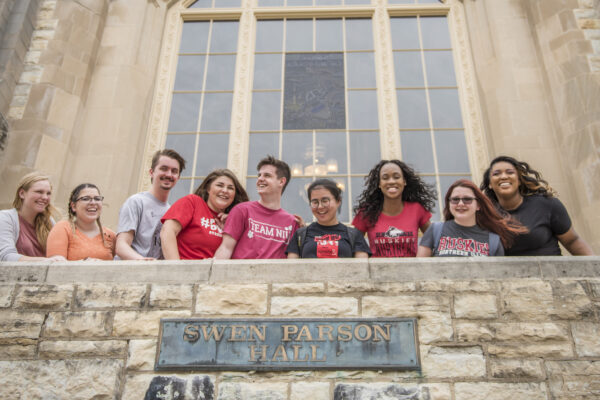Targeted Scholarship Programs Open Pathways for Disadvantaged Students
Title: Paying for College as a Student with Foster Care History: Findings and Recommendations from Discussions with Students in California
Authors: Laura Packard Tucker, Devlin Hanson, and Annabel Stattelman-Scanlan
Source: The Urban Institute
Paying for a college degree is already a difficult process for many students, involving payment plans and a variety of sources of financial aid. For students with foster care history, this task becomes even more difficult, given the lack of both financial and social support they experience growing up.
For young adults with foster care exposure, their experiences of instability within foster care, repeating grades, and early parenthood are some of several factors that can decrease the likelihood of college enrollment. A new report from the Urban Institute analyzes data from California’s new Middle Class Scholarship (MCS) for Foster Youth and includes findings from focus group interviews with 57 students with foster care history who were eligible for MCS.
Highlights from the report include:
Working while in school: Students with foster care history cover the gap between their cost of attendance and awarded financial aid in a variety of ways, including work-study and off-campus jobs. In a survey of full-time community college students who were formerly in foster care, 74 percent worked at least 20 hours a week, and 21 percent worked a full 40 hours a week.
Frustration with information on financial aid: The information that students received in high school impacted their enrollment decisions, leading many students to choose community college, postpone college, or choose a college that they believed had a lower cost of attendance. Additionally, some students who attended community college first thought their grades were too low to attend a four-year institution. Other students chose to join the military, focus on their families, or obtain full-time employment instead of college. Many students in the focus groups stated that they would have made different postsecondary decisions, such as attending college earlier or applying to different schools, if they had received more information.
Increased responsibility in paying for school impacts their experience: Most focus group participants stated that working, especially full-time, negatively impacts their academic success while in college. One student explained that due to their competing responsibilities and need to cover their expenses, they “don’t get the luxury of spending all day in the library.”
To read the full report from the Urban Institute, click here. To read the press release, click here.
—Austin Freeman
If you have any questions or comments about this blog post, please contact us.


